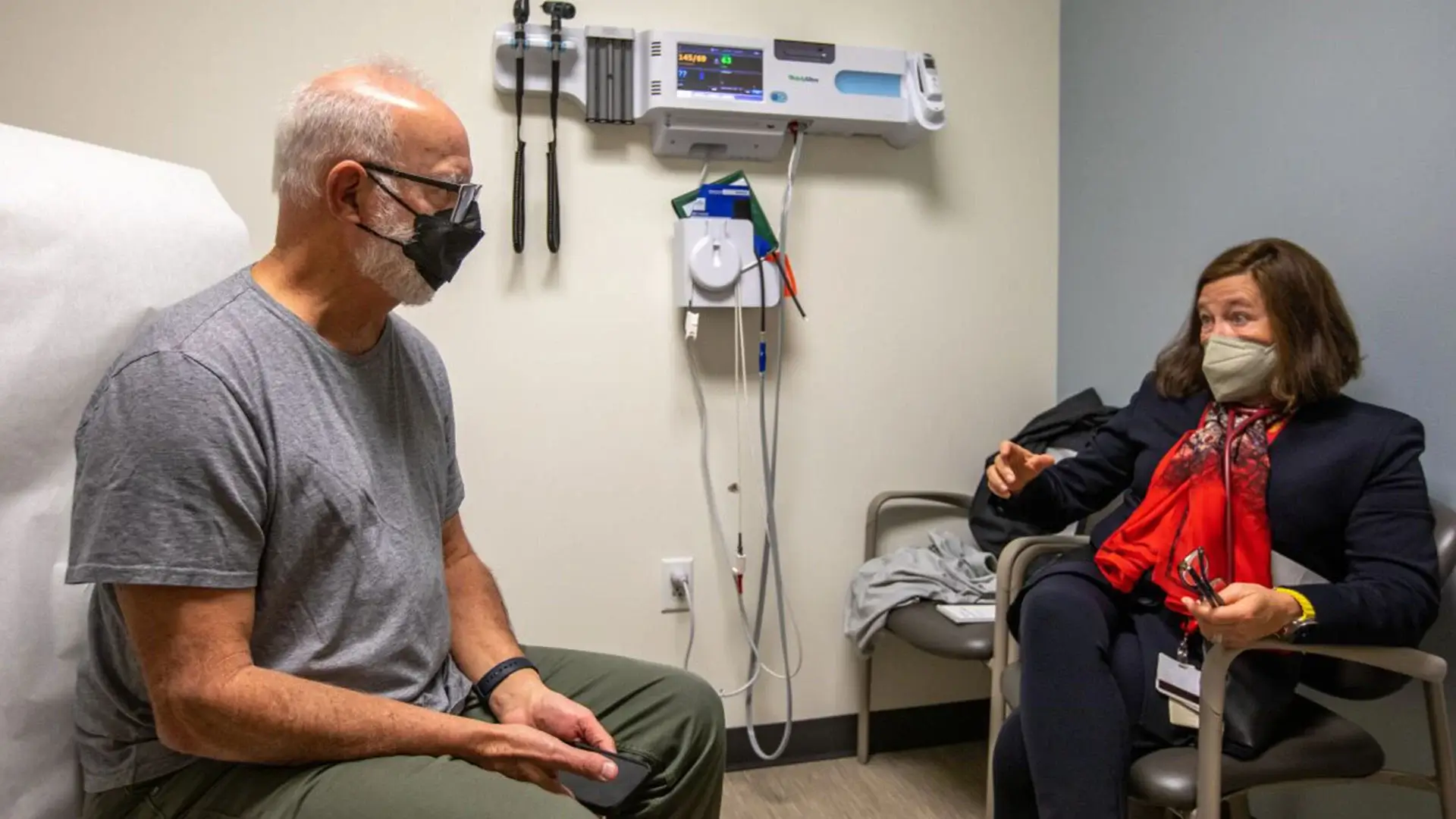It was the middle of the night when my racing heart woke me up. I took deep breaths and tried to relax.
Abnormal heart rhythms are nothing new for me, so I didn’t panic when this happened late last year. But extended irregular beats do get my attention, because about 10 years ago, I went into cardiac arrest after knee surgery and had to be resuscitated by a nurse.
Eventually, I fell back asleep, and in the morning I activated a device that reads my pacemaker and sends data to my cardiologist. She quickly made a diagnosis, changed my meds and the racing went away.
In addition to the device that reads my pacemaker, I have a wristwatch that can take an electrocardiogram in 30 seconds and upload it to my smartphone, so I can send the result to my doctor.
These and other devices designed to monitor various health problems are already widely in use or in development. So much so that a just-published story by Kaiser Health News asked the question: “Will your smartphone be the next doctor’s office?”
The short answer is no. Net yet anyway, with lots of unanswered questions about accuracy, privacy, cybersecurity, Food and Drug Administration approval, insurance coverage, commercialization of good health, and fair access to costly devices. And technology can be glitchy and a headache, sometimes driving up rather than lowering my blood pressure.
But along with the challenges and risks, there’s big potential in technology that gives patients a greater role in monitoring their own health and gives doctors another tool to better manage patients.
As it happens, I had a regular checkup with my cardiologist, Dr. Leslie A. Saxon, on Tuesday, and she agreed in advance to give me refresher courses on the benefits and challenges of medical technology, and on what people should know about the causes and treatment of cardiac arrest. The recent collapse of Buffalo Bills player Damar Hamlin and the death of Lisa Marie Presley both involved cardiac arrest.
Saxon’s aide placed a wand-like sensor over my pacemaker and studied the readout of what my heart has been up to over the last few months. Every little hiccup is recorded, helping Saxon determine the frequency, type and duration of irregular rhythms. Saxon had me draw deep breaths as she listened in with a stethoscope, and while she studied my heart, I picked her brain.
